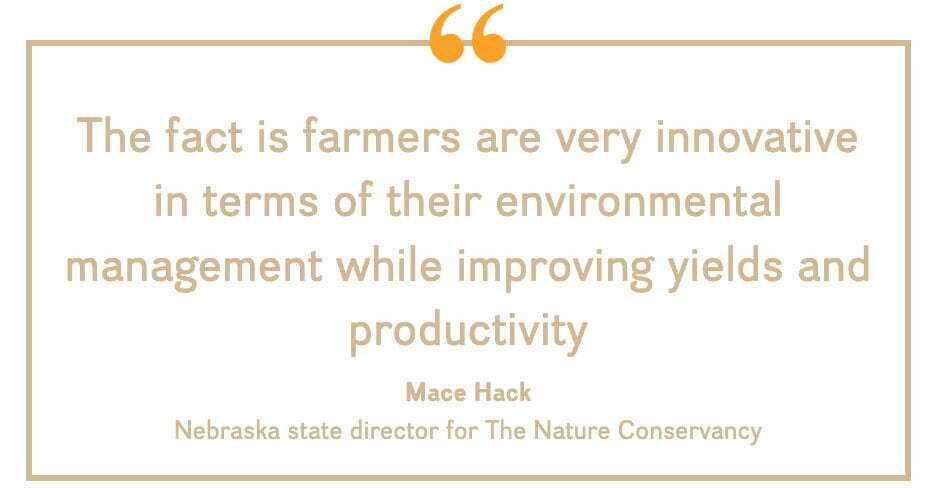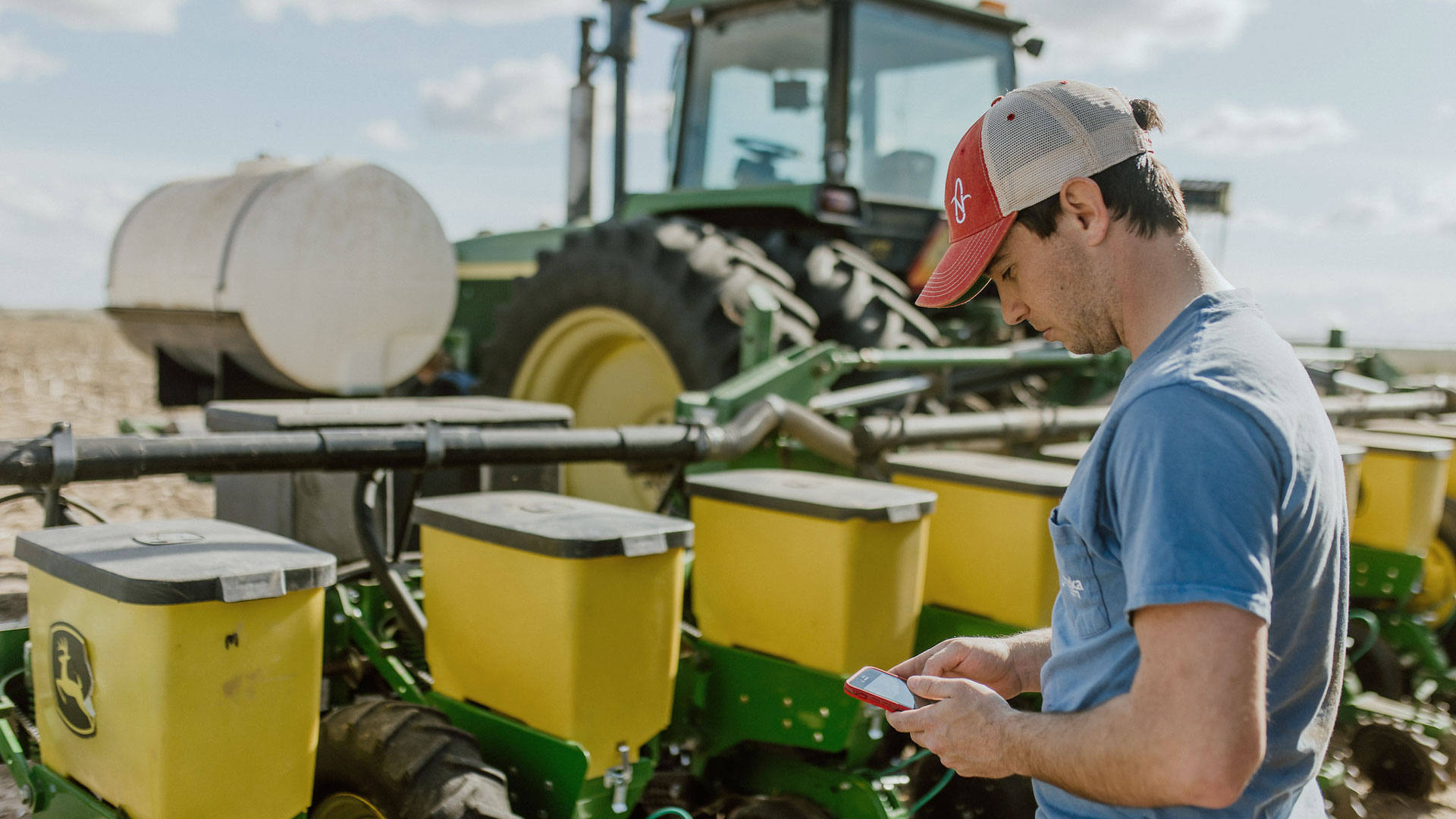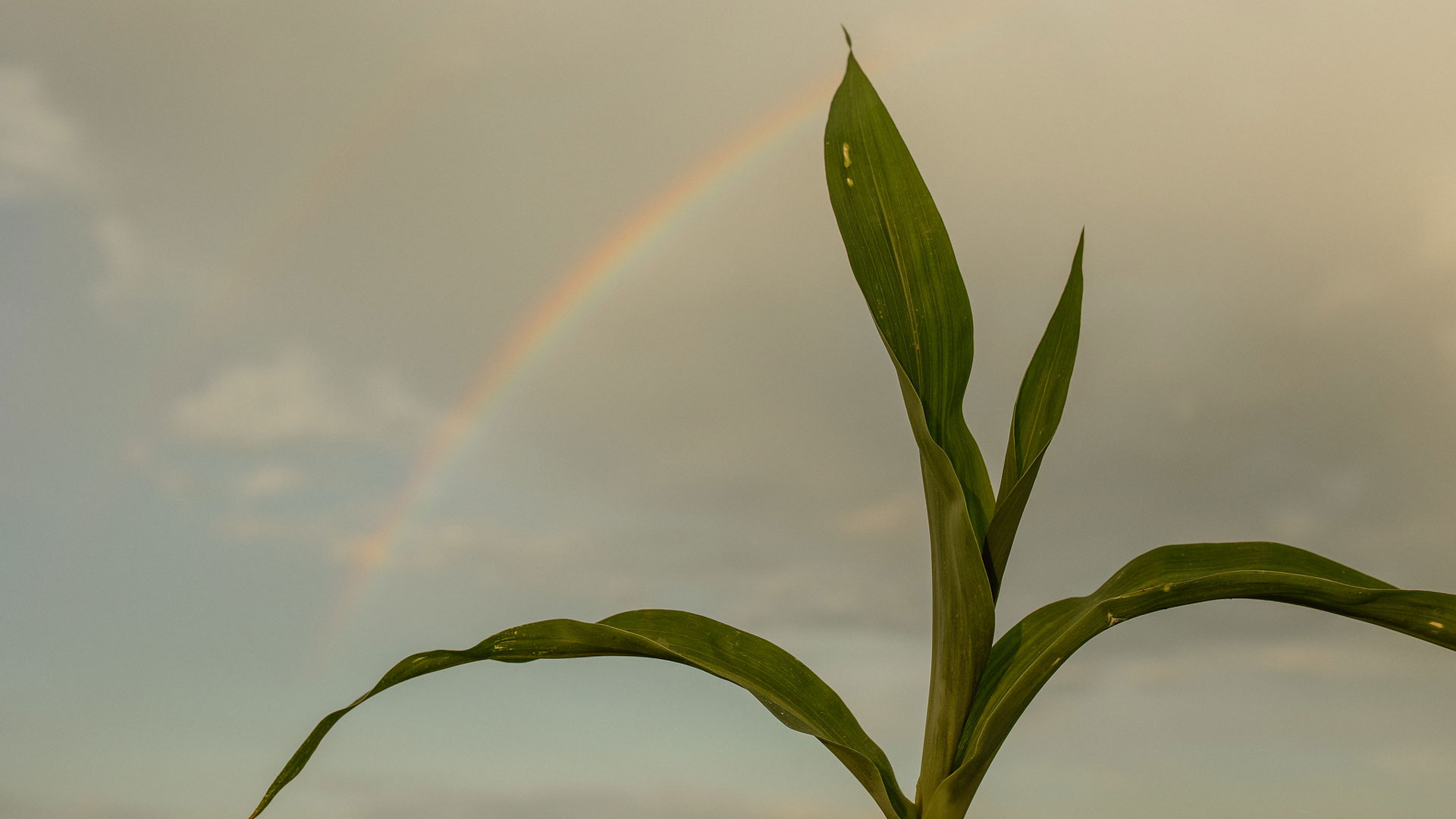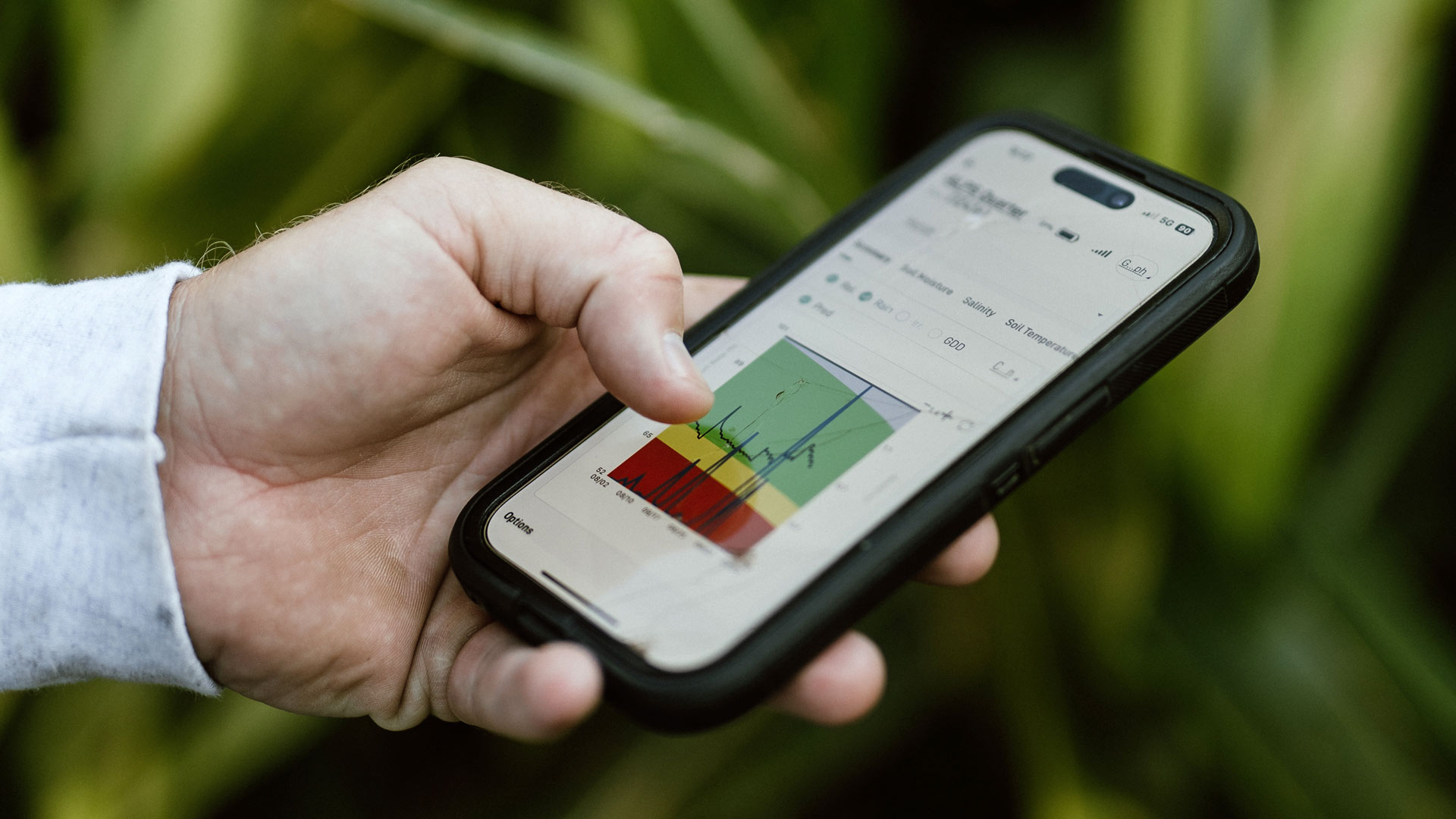The Nature Conservancy has redoubled its outreach to Nebraska farmers, supported in part by a wide range of agribusiness, corporate and nonprofit entities. An overarching goal of the organization is to reduce the level of nutrients such as nitrogen and phosphorus entering the Mississippi River system and eventually the Gulf of Mexico. Runoff from irrigation of agricultural land is seen as a significant source of these nutrients, so it makes sense to help farmers implement practices that improve irrigation efficiency.
Jacob Fritton, Project Lead for the Water and Agriculture Program with The Nature Conservancy, coordinates the effort. “We wanted to evaluate the water savings potential of irrigation technologies at both the field scale and the local watershed level,” Fritton said. “We provide farmers with a variety of technology tools and help them understand how to use them, interpret the data and leverage those tools and information.”
The first initiative was the Western Nebraska Irrigation Project which involved 11 farmers and 8,000 total acres. In just three years, the farmers combined to save more than 124 million gallons of water, without sacrificing yields. The Nature Conservancy is now working in the Central Platte area.
While reducing the amount of water used is a priority for farmers, Fritton noted that farmers were even more interested in reducing energy costs to run their pivots and the labor savings gained from remote control of their irrigation systems.






